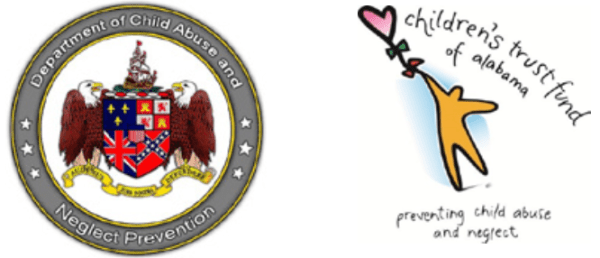Home & Family

Shaken baby syndrome is the most common form of child abuse that leads to death in infants and toddlers under age 5. Parents, babysitters, and other family members frustrated with a baby’s crying might be at risk of shaking infants and children.
Shaken baby syndrome (SBS) is a form of child abuse that occurs when an adult or older child violently shakes a baby or young child. It takes only a few seconds of violent shaking to cause permanent damage.
One to three thousand children in the United States suffer from SBS yearly. Of those who survive, 80 percent will have permanent damage, and 25 percent will die.
How Does SBS Occur?
SBS usually occurs when a parent or caregiver is frustrated or angry, often because a child won’t stop crying. SBS is not usually caused by bouncing a child on your knee, a minor fall, or even rough play.
Babies have weak neck muscles, making supporting and controlling their head movement difficult. When a baby is forcibly shaken, its brain moves back and forth inside the skull, causing bruising, swelling, and bleeding.
Symptoms of SBS
Immediate symptoms of SBS include extreme fussiness or irritability; tiredness; not eating, smiling, talking, or laughing; difficulty swallowing, sucking, or breathing; pale skin; vomiting; difficulty staying awake; seizures; or paralysis. Bruising on the face, bleeding in the brain and eyes, spinal cord damage, and bone fractures can also occur.
Risk Factors
Parents or caregivers are more likely to forcefully shake a baby and cause SBS due to the following:
- Unrealistic expectations of their baby
- Young or single parenthood
- Stress
- Domestic violence in the home
- Alcohol or drug abuse
- Unstable family situations
- Depression
- A history of mistreatment as a child
How to Prevent SBS
Parents and caregivers should know the dangers of SBS. Anyone caring for a baby should remember that if a baby is not uncomfortable or sick but still will not stop crying, it is okay to put the baby down in a safe place, such as a crib, and take a short break.
New parents should know that it is common for babies to cry for up to 3 hours a day, and some cry even more.
If you are having trouble managing your emotions or the stress of parenthood, seek help. Your child’s doctor may offer a referral to a counselor or other mental health provider.

 Katrina Akande, Extension Specialist, Assistant Professor, Lola Mahner, Graduate Student, and Nakia Jones, Program Director, all in Human Development and Family Studies, Auburn University
Katrina Akande, Extension Specialist, Assistant Professor, Lola Mahner, Graduate Student, and Nakia Jones, Program Director, all in Human Development and Family Studies, Auburn University
New February 2023, Shaken Baby Syndrome, FCS-2715

